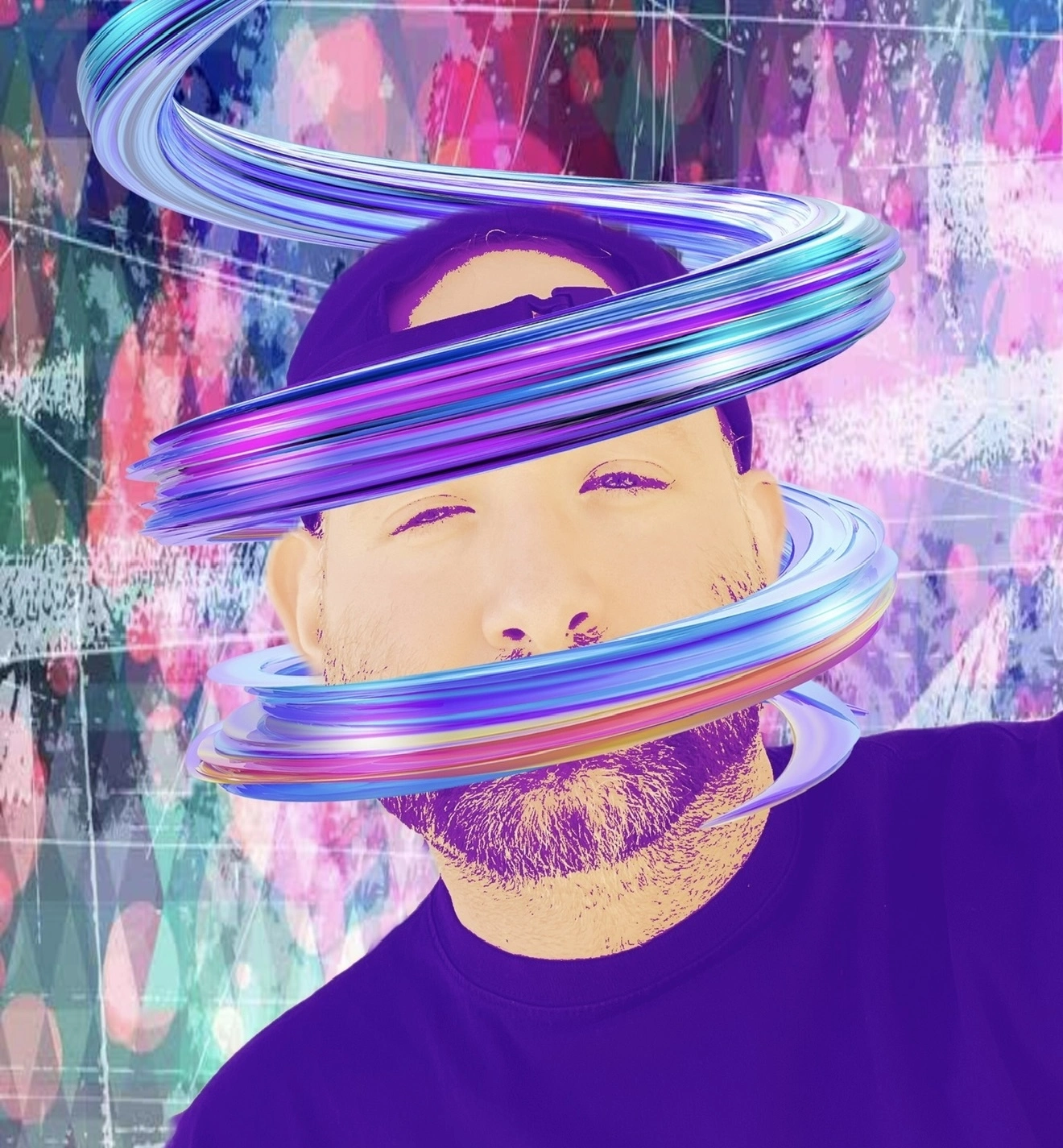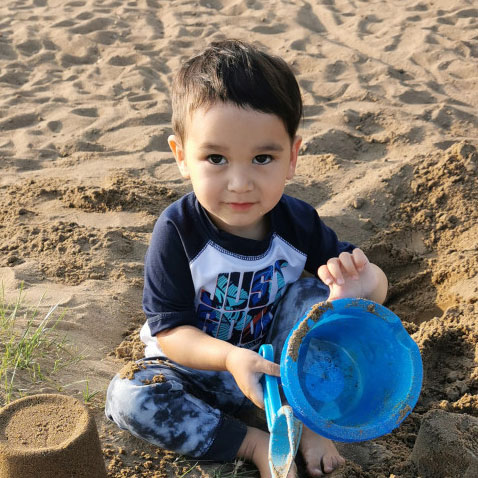A few questions to people who have struggled long-term with fatigue, exhaustion, insomnia, etc.: what do you do to keep awake for a full-time workday? Black coffee, supplements, herbs, drugs/prescriptions, other? None, and it required a lifecycle habit change? Have you had success with “desk” jobs sitting all day, or had to choose a field with physical activity to keep from falling asleep on the job? Does it just “get easier” to wake up and stay up after multiple years of full-time? Before starting full-time I had only been able to get part-time gigs before, but it hasn’t taken long for me to notice my biological clock isn’t set right and every day I’m not sure if I’m “built” for it. Is anyone? Thanks Lemmy!
Have you looked into possible causes for your fatigue, exhaustion, and insomnia? It could be worth some investigation (e.g., blood work, sleep study, ADHD assessment).
As others have pointed out, this sounds like a sleep disorder. A healthy person who gets enough sleep should not have trouble staying awake for an 8 hour shift. This can be a serious condition and needs to be checked by a doctor. The good news is sleep disorders - and there are various kinds - can be resolved fairly quickly with treatment. Going straight to stimulants is not the answer. You should start with your primary physician and consider seeing a specialist for a sleep study.
Get checked out for sleep apnea! Being bored at work is normal but not being able to stay awake for an 8 hour shift means you are absolutely not getting proper rest when you are sleeping.
While you wait for your appointment, you can try resetting your sleep pattern by taking a solid 5mg dose of melatonin 60 minutes before bedtime for a week and ensuring you have 9-10 hours before you need to be up. I was in bed for 8 hours every night and got a rude surprise when I got a Fitbit for sleep tracking and found out I was only getting 6 hours of sleep in those 8 hours after you subtracted all the time it took me to fall asleep and any night-time wakings. Turns out I wake up 4-5 times a night and don’t remember it in the morning. Rolling bedtime back 90 minutes felt like a chore but it was worth it to feel good every day.
Working full days does suck so I tend to try to give myself 2-3 things to look forward to during my shift to split it into 3-4 time blocks. Sometimes they are little candies like Lifesavers or Jolly Ranchers, or 10 min bathroom break with phone game, reading something interesting in Lemmy, taking a walk down to say Hi to someone elsewhere in the building, any little activity that feels like something I want to do, that’s not strictly in my job description. Depending on your job you can even plan 6 of them and give yourself something for every hour that not first and last.
Reducing caloric intake (sugar and other carbohydrates) and walking or running regularly had a dramatic influence on my fatigue.
Before masking the symptoms with supplements, I would advise you to try to find the cause.
Wow… Literally nobody has mentioned the easiest solution? Get enough sleep and use a regular bedtime?
Just getting “enough” sleep for a few nights isn’t going to work. You need to go to bed at the same time every night and get enough restful sleep for months so your body is on a schedule. Then you won’t be tired during the day.
If you are, you may not be getting restful sleep and you need to investigate that.
For me, it was a CPAP. I’m physically fit, normal weight, healthy otherwise, but I was having obstructive sleep apnea. Getting a CPAP was a night and day difference, as my sleep is much more restful and restorative.
First things first, do you get enough sleep at night?
I work a desk job and do consistently get pretty drowsy around 2pm. I find that eating a lighter lunch and moving around keeps me awake. Take a walk around the building or something, it’s bad for you to sit all day long anyways. I drink an energy drink every day as soon as I get in but I don’t know what effect, if any, it has on my afternoon drowsiness.Probably not… I’ve always heard people get 8 hours of sleep when it’s dark, but my whole life I’ve always had broken sleep that doesn’t return to sleep after waking back up, and after years of being unable to sleep consistently at some point I changed approach and just sleep whatever time I get tired. It slightly improved my physical and mental health at the time but my overall tiredness never really reduced, I just don’t stare at the ceiling waiting for sleep anymore. The times I get the longest sleep tend to be when the sun is up, which is a disaster for being on-call during daylight business hours.
Well sounds like you already have your answer and it’s that you need to get more sleep. If that’s not a possibility try to get some modafinil.
Just so we’re clear are you talking about literally falling asleep? If that’s the case you probably have narcolepsy.
If it’s a matter of your brain staying active enough to be able to engage, without getting frozen, a few things:
- Limit morning caffeine. It’s an upper, and uppers crash down. The down part isn’t so useful for being alert
- Limit the size of lunch
- Avoid inflammatory foods at lunch
- Get a little exercise
- Use pomodoro timer to ensure you take a break before you need one
- Hydrate well
On that last point: breaks are like pain meds: you should take one before the need for one becomes apparent. Keeping to that strict 25-5 schedule is great for keeping me close to peak in terms of my ability to do cognitive work.
For insomnia, the best thing for me is a 5-minute meditation session using a Muse 2 device (consumer neurofeedback training device, about $250 on Amazon). If I’m having recurring insomnia, a 5-minute session on the muse gives me about two weeks of insomnia relief.
Mostly though, I do indeed avoid desk jobs in favor of jobs that have at least some physical activity. My current job is about half desk, half physical work. And lots of face to face interaction too. Interacting with others keeps me energized.
Yeah, falling asleep while working at a desk for long hours straight. Not suddenly, but just overall unable to stay awake for major portions of the usual workday. The full-time position before the one I’m in now, I was at the office and would sometimes fall asleep during processing, or do orders on a sleepwalk autopilot, waking up after a few were submitted. It didn’t seem to really affect my accuracy, but it was jarring when I snapped back to. Thanks for the great advice! Probably should lower my morning caffeine, drink more water, and time my breaks instead of take them when I’m already burnt out… 300mg+ of coffee a morning without water might be too much too quickly. Limiting size of lunch isn’t an issue for me, I sometimes forget to take lunch entirely.
How many hours a night do you sleep? (Actual sleep, not staring at your phone)
And also, how early in the day have you noticed yourself falling asleep? Before lunch or after?
deleted by creator
I used to suffer with broken sleep, and my partner complained about my snoring and heavy breathing keeping him up. Ended up getting tested for sleep apnoea but it came back negative - turns out I just had uncontrolled asthma. I take a preventer inhaler now and I sleep like a log. It’s made it so much easier to get through the day.
When working in an office it was a constant stream of coffee. As soon as cup was empty, go get another.
Work from home now, stopped drinking coffee daily, take an hour nap around 1 or 2 instead.
Im still chronically tired, but feel better in general without the caffeine dependency.
Have you had success with “desk” jobs sitting all day
The trick is to not sit all day at your desk. Go for a coffee break and have a short walk outside every now and then. You can also use the Pomodoro technique to break down your work day into small chunks with frequent small breaks: https://en.wikipedia.org/wiki/Pomodoro_Technique
When I was working three jobs, I’d go take a nap in my car instead of eating lunch; a thirty-minute nap kept me going for the rest of my shift. I’d have a granola bar for lunch while walking to/from the car.
This applies the when I was working in an office. I’m wfh because of an injury, but will be returning part time next month.
I take my second dose of ADHD medication at 11:30. Right when I start my lunch. I try not to include too many carbs in my lunch because that will make me sleepy.
I also make sure to take the long way back to my desk after using the bathroom to get my blood pumping.
I also drink absurd amounts of coffee and listen to energetic music.
When I am working from home I take a nap during my lunch lol.
Most civilised countries will permit you to have a short break after so many hours worked, like morning tea, afternoon tea, coffee breaks, or smokos. Use that time to get away from your work station and do something else.
Even if it is a 10 min break. Stretching during short breaks is always good. During lunch take a small walk to get out of the office.
Where I live, you aren’t guaranteed a break by any law. Work sixteen hours? Too bad, get on with it. Unfortunate, really. )=
sleep apnea has entered the chat












